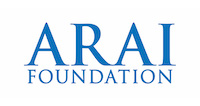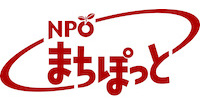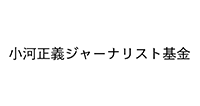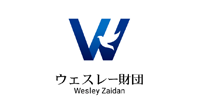About
-
Tansa is an independent, nonprofit, investigative newsroom based in Tokyo.
Our investigations reveal — and aim thereby to end — wrongdoing by the powerful, such as government bodies and corporations. We approach our work by considering what needs to change in order to achieve redress for injustice and ensure that others are not harmed by similar wrongdoing in the future.
In 2023, Japan ranked 68th in Reporters Without Borders’ World Press Freedom Index. The country’s major media organizations, prioritizing their own business interests, often fail to sufficiently monitor power or to speak up for the victims of its abuses. We believe independent, investigative journalism is essential for the Japanese public.
-

-
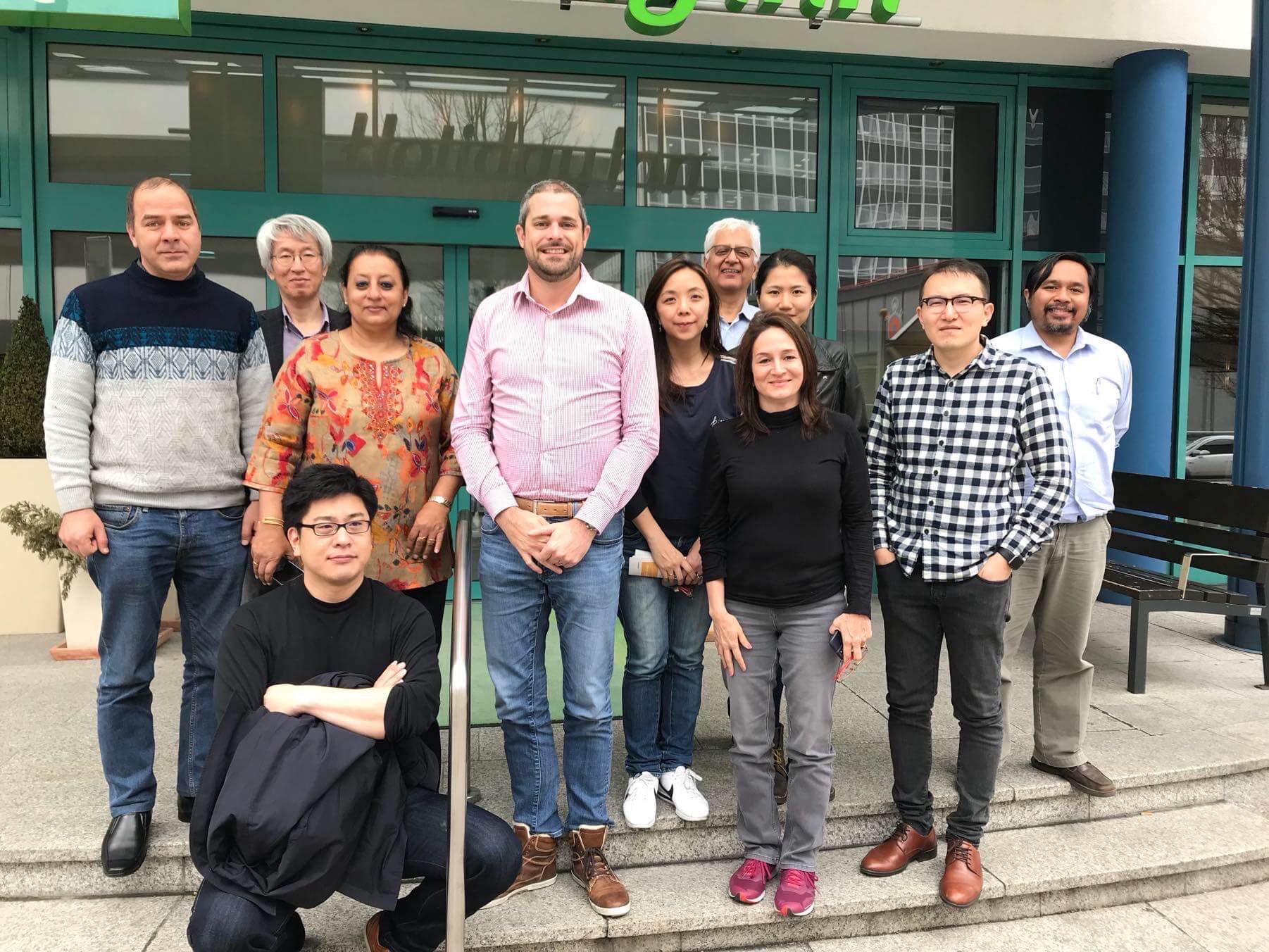
-
In order to maintain our editorial independence, Tansa does not run ads. And we don’t have a paywall, so our stories are available to everyone. Our funding comes mainly from reader donations, grants from foundations, and proceeds from our online journalism course. If you believe in Tansa’s mission, please consider supporting our work.
As governments, corporations, and criminals increasingly work across borders, so too must the journalists who investigate them. In 2018, Tansa became Japan’s first official member of the Global Investigative Journalism Network (GIJN), which as of May 2024 is comprised of 250 independent, nonprofit media organizations in 91 countries. Since beginning publication, we have participated in numerous cross-border investigations together with journalists from over a dozen countries.
Tansa’s promises to our readers
-
1. Unflagging investigations
Tansa aims for our work to have concrete impact by ending abuses of power. We choose the subjects of our investigations with an eye to finding solutions to problems affecting society. When we select a reporting topic, we commit to following the story in the long term.
-
2. Time and effort
Investigative journalism requires significant time and effort. Through extensive research, interviews, and discussion with sources, we obtain and report on information that would otherwise not have come to light.
-
3. World-class skill
Through learning from and partnering with other investigative journalists around the world, we will continue to hone our skills in order to produce world-class journalism.
-
4. Uncensored reporting
We will always act based on journalistic ethics. Our investigations and reporting won’t hold back, no matter who or what their subject may be.
-
5. Training the next generation
Through our online journalism course, Tansa offers young and aspiring journalists across Japan the skills they need to work at a high professional level. We aim to raise the overall standard of journalism in Japan.
-
Impact and reports
We began publication in February 2017 under our previous name, Waseda Chronicle, as a project of the Waseda University Institute for Journalism. As a media organization incubated in a university, we aimed to both produce investigative works and train journalists. In February 2018, one year after we began publication, we left Waseda University and became an independent nonprofit in order to clarify the editorial responsibility for our work. With the same original aim of training journalists, in November 2020 we launched Tansa School, an online journalism course. In March 2021, we changed our name from Waseda Chronicle to Tokyo Investigative Newsroom Tansa.
-
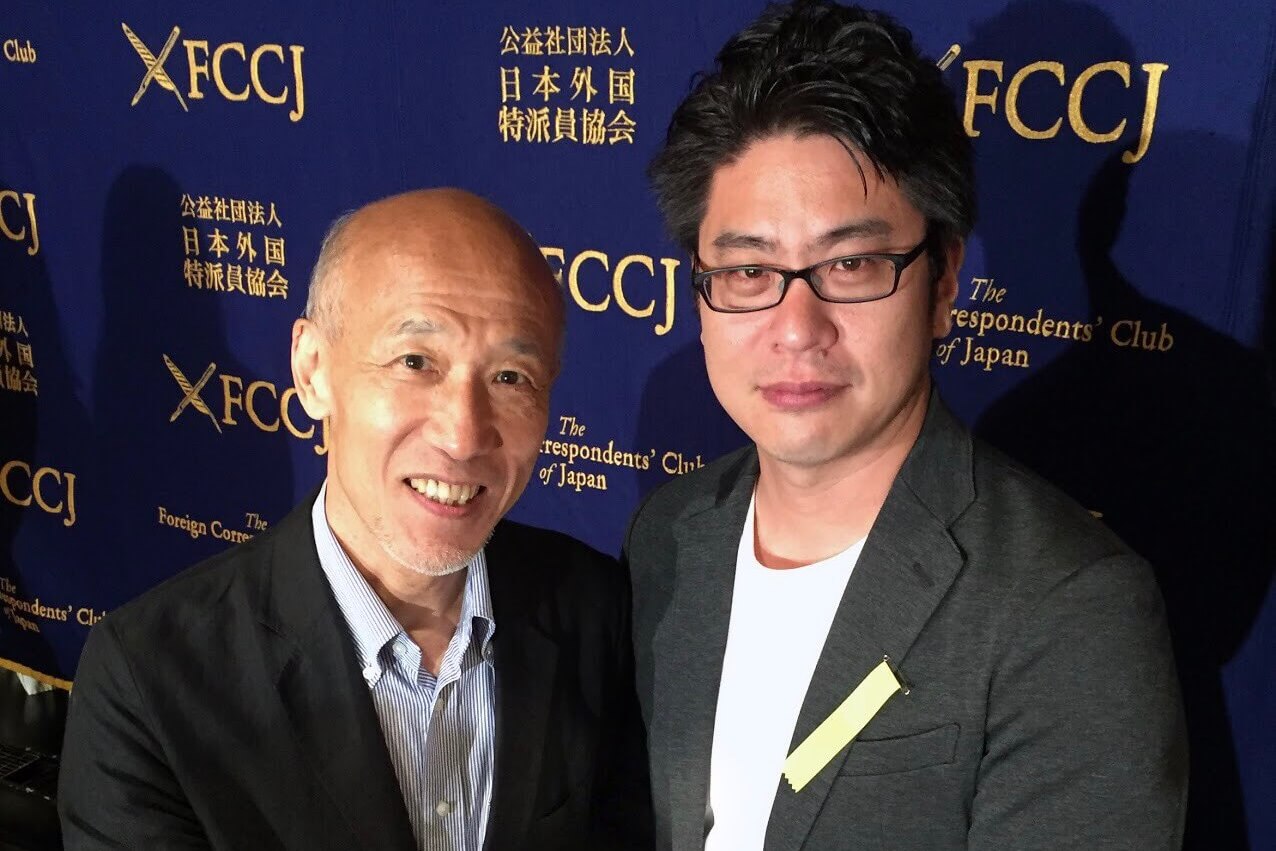
-
Awards
- 2023
-
- 2022 Media Ambitious Grand Prize Excellence Award in Print Category from Media Ambitious
- Media Ambitious Grand Prize 2022 [print category] Award of Excellence
- Journalism X Award from the Journalism Citizen Support Fund
- 2022
- - The Society of Publishers in Asia Awards 2022
- PEP Journalism Awards 2022 from Asia Pacific Initiative
- Journalism X Award from the Journalism Citizen Support Fund
- 2020
- - Open and Big Data Award from VLED
- Journalism X Award from the Journalism Citizen Support Fund
- 2019
- Linked Open Data Excellence Award in the application field from the LOD Challenge
- 2018
- Poverty Journalism Grand Prize from the Anti-Poverty Network
- 2017
- Supporter of the Free Press Award from the Foreign Correspondents Club of Japan
-
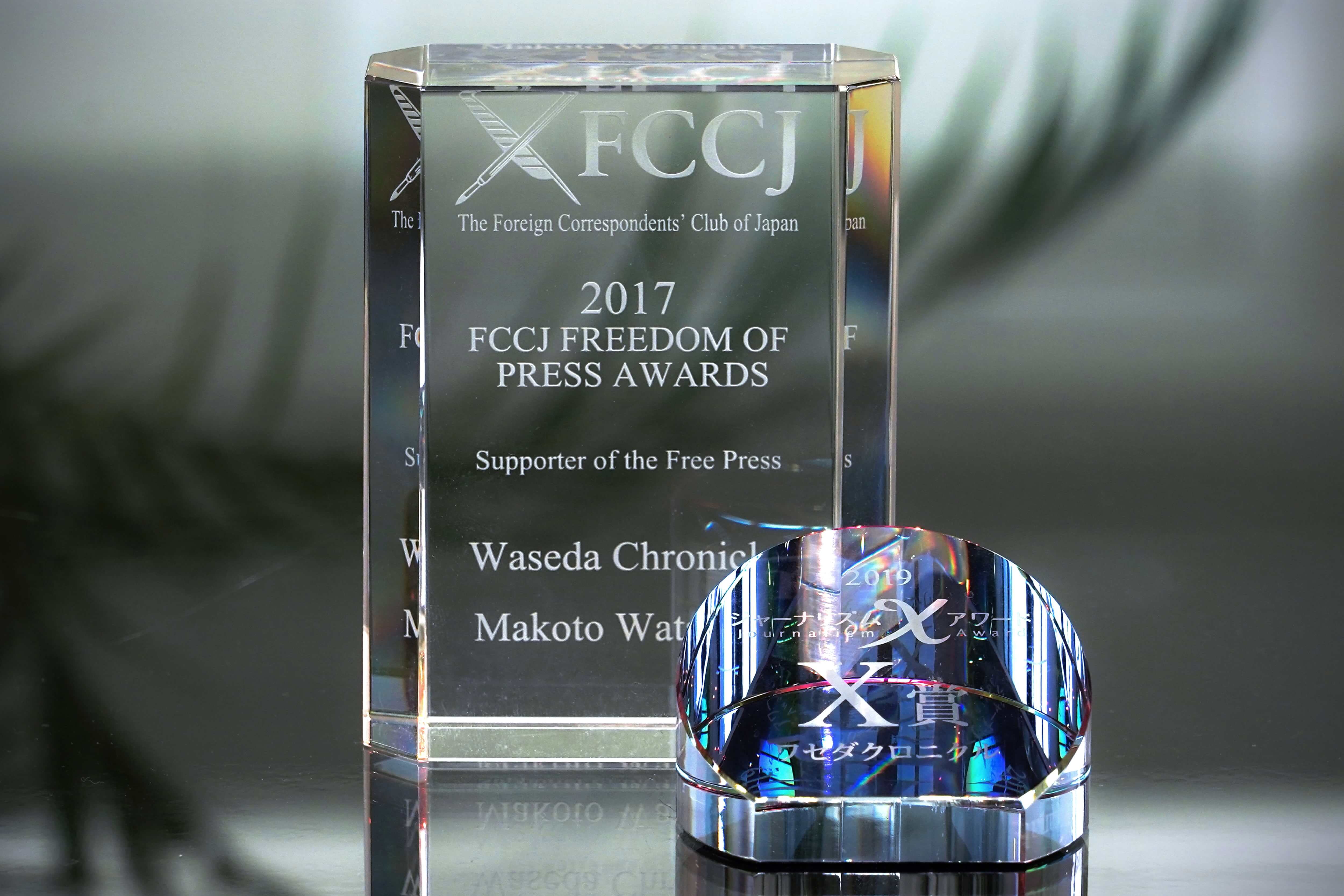
Archives
Reports
Financial report 2022
Financial report 2021
Financial report 2020
Publications
The Emerging Investigative Journalism Movement in
Japan and Asia (web view, print view)
Meet the team
-
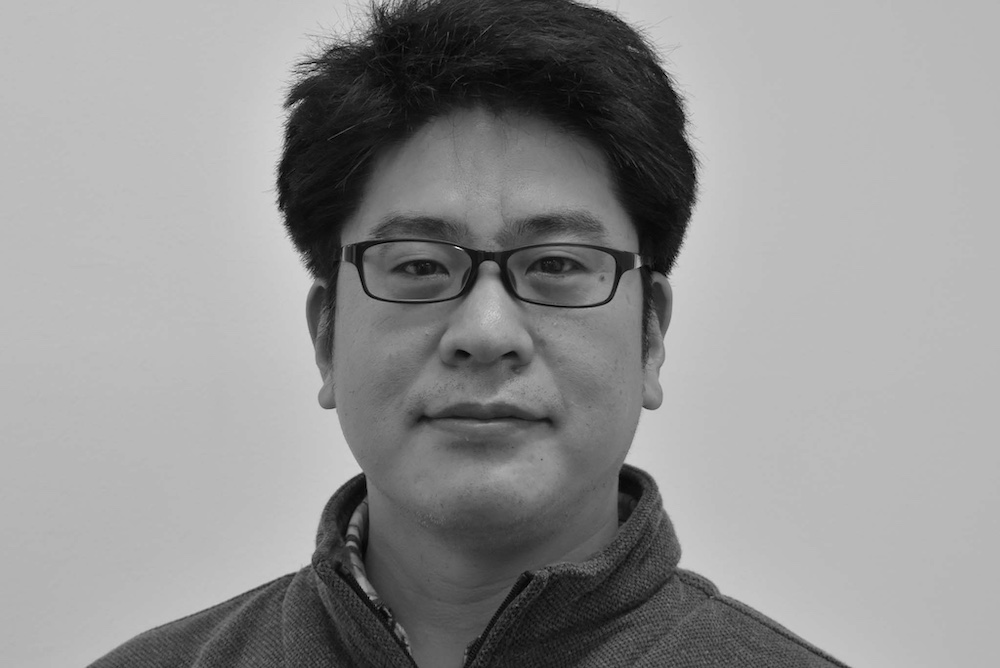
Makoto Watanabe
Editor-in-chief
Makoto began his journalism career at the national paper "Asahi Shimbun" in 2000. At the Asahi Shimbun, he was in charge of investigative reporting, publishing a long-running series of reports called "Prometheus's Trap" that examined issues surrounding the Fukushima nuclear power plant disaster. He quit the national newspaper company “Asahi Shimbun” in 2016 and founded “Waseda Chronicle”. He is an editor-in-chief of “Waseda Chronicle” (now renamed “Tokyo Investigative Newsroom Tansa”) as a founding member. In 2021, he was recognized as an "Asoka Special Relationship Innovator" by Ashoka.
-
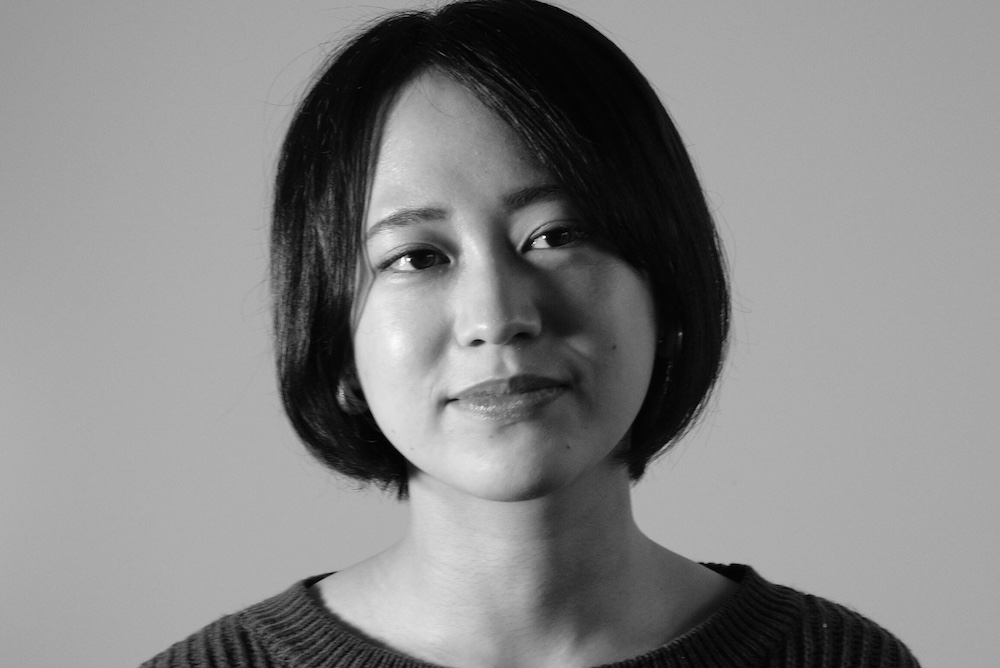
Mariko Tsuji
Reporter
In 2016, Mariko joined Tansa as a student intern. From 2019 to 2022, she also worked at a weekly economic magazine “TOYO KEIZAI”. She created a database and became transparent on payment between doctors and pharmaceutical companies. In 2022, she created a database on usage of covid subsidy. She recently reported digital sexual crime caused by smartphone Apps and Tech giants and she revealed App operators who use paper companies. Mainly focus on children rights, sex crime, climate change, and illegal fisheries and overfishing.
-
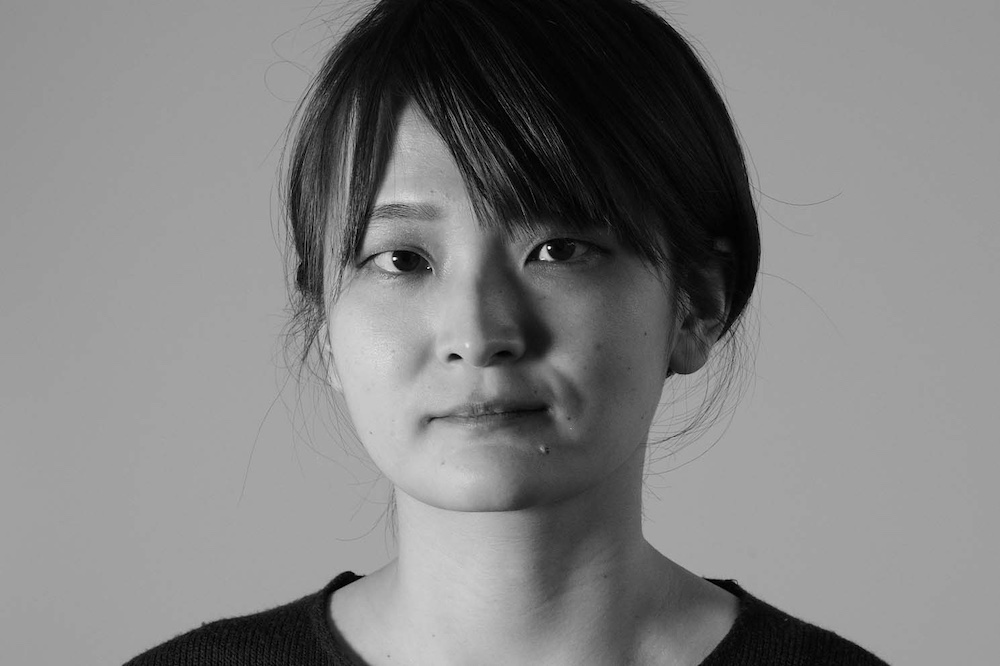
Nanami Nakagawa
Reporter
Nanami has worked for “Ashoka”, the world's largest and oldest social entrepreneurs’ network, for seven years since she was a college student. She then became an investigative journalist at Tansa. Her work includes: bullying suicides of young people and cover-ups by schools, government, and mass media; deaths of patients left behind in psychiatric hospitals under Fukushima’s Nuclear Accident by self-defense forces and administration; chemical (PFAS) contamination by global.
-
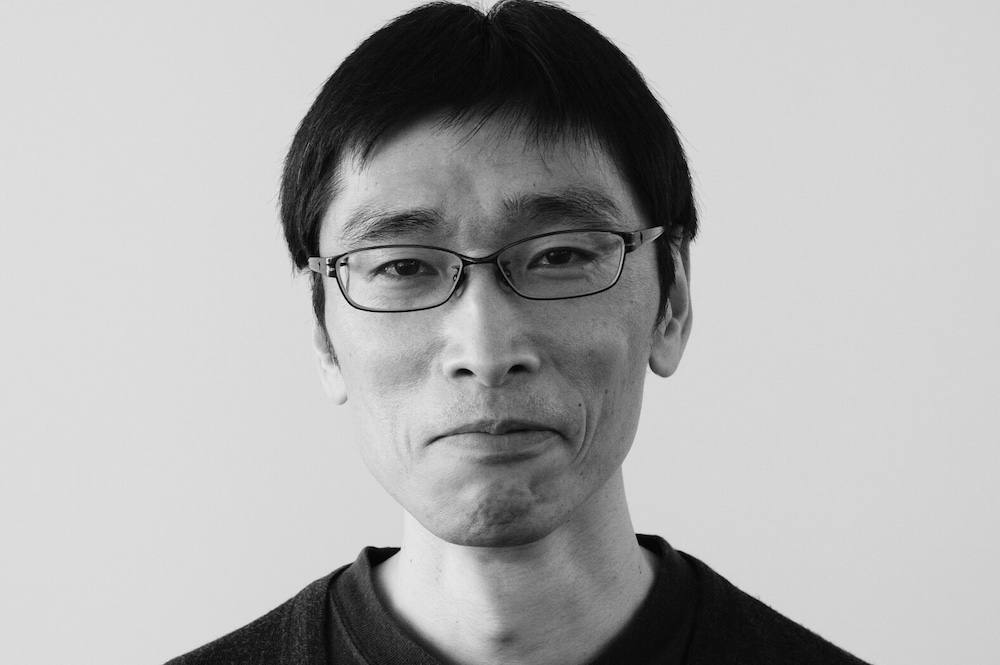
Makoto Sano
Staff
Makoto joined Tansa as a volunteer in 2020 because he sympathizes with their commitment to addressing injustice. In university, he majored in theater studies, made 8mm films, and enjoyed music, visual arts, and literature. He believes that investigative journalism can be seen as another form of art in its quest for truth, humanistic roots, and potential for impact.
-
Rin Mitsui
Youth Reporter
Rin is a fourth-year university student studying oil painting at art college and has been interning at Tansa since March 2024. She aspires to become an investigative journalist because she wants to understand people's hardships and what goes on in society to force people to suffer. She is interested in the issue of school bullying and the nuclear accident in Fukushima.
-
Sara Sugita
Youth Reporter
After being born and raised in Japan, Sara decided to study abroad at age 16 to broaden her worldview. She is now a second-year student at Boston University studying international relations and journalism. At university, she encountered investigative journalism for the first time and learned about the impact it can create. When Sara found out about Tansa, she was fascinated with its work addressing injustice in Japan as the currently only newsroom of its kind in the country. She hopes to also work on reporting that empowers victims, holds power accountable and eventually makes real differences in society.
-
International Advisory Board
・Steven Butler, Asia Program Coordinator, Committee to Protect Journalists (United States)
・Tatsuro Hanada, Sociologist (Japan)
・Gerd Kopper, Professor Emeritus, TU University Dortmund (Germany)
・I-Hsuan Lin, Professor of Sociology, Rikkyo University (Japan)
・Kaori Matsui, Representative Director, Japan Innovation & Succession Fund; Representative Director, Japan Innovation & Succession Inc. (Japan)
・Robert J. Rosenthal, Former Executive Director, Center for Investigative Reporting (United States)
・Hiroaki Yabe, Executive Director, Sokoage; Professor, Tohoku University of Art and Design (Japan)
・Nick Kondo, Representative Director, Japan Innovation & Succession Fund; Representative Director, Japan Innovation & Succession Inc. (Japan)
Click here for board members’ profiles. -
Copyright and responsibility for content
Copyright for the material published on this website belongs to Tansa. The editor-in-chief is responsible for all facts and opinions therein.
-
Privacy and cookie policies
Click here to read our privacy and cookie policies.
-
Newsletter
Tansa’s English-language newsletter introduces our latest work and offers readers a peek behind the scenes in our newsroom. You don’t have to be a donating member to subscribe; simply enter your email and name below. And you’re always welcome to hit reply!
See our Japanese page if you want to subscribe to Tansa’s Japanese newsletter as well.

 Newsletter signup
Newsletter signup


